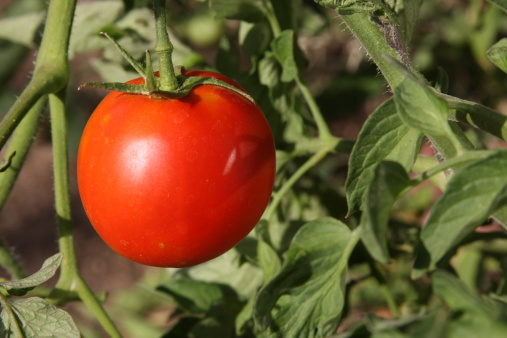An extensive study into the buying habits of organic shoppers has found some surprises about the current state and the future of the organic industry, according to Maryellen Molyneaux, president of the Natural Marketing Institute (NMI) in “State of the Organic Industry.”
The collaborative study between NMI and the Organic Trade Association (with 23 organic brands participating) aimed to understand “what’s really driving consumers….their entries and their barriers,” said Molyneaux. The study’s four phases involved mining of 13 years of NMI data; ethnographies in Philadelphia, Nashville and San Francisco; an online organic community study; and 13 quantitative surveys that covered various categories.

|
|
Maryellen Molyneaux, president, Natural Marketing Institute in “State of the Organic Industry”
|
Overall, NMI identified four core groups of organic shoppers:
*17% are highly devoted to organic foods. They are willing to pay a premium, drive a distance to shop organic and research products. They are not necessarily integrated across all categories, so it’s key for retailers to give them offerings beyond the grocery aisles.
* 23% are temperates, who believe in organic, but can’t always fit it into their budgets. They make decisions and tradeoffs, like shopping for the Dirty Dozens.
* 38% dabble in and out of the organic market.
* 22% are reluctants that don’t believe in organic at all. The Stanford study makes them feel justified in their choices, Molyneaux pointed out.
The best prospects are the first two groups: “If we increase the buying of devotees and temperates by 10%, that’s a $5 billion increase,” says Molyneaux. She suggested that the most likely paths of opportunities for organic involves creating price parity (as much as possible) with conventional brands and solidifying a compelling message. This message involves connecting organic to Mother Nature and farming (in packaging, messaging and marketing) as well as to good health. “Organic messaging works,” she says. “75% had an increase in positive perceptions of organic after seeing just 10 messages.”
In the end, Molyneaux said it’s imperative for the industry to talk about organic and natural without denigrating either. “Consumers are connected to both, and have intertwined them both,” she explained, noting that hurting one hurts the other.
This presentation was delivered at Natural Products Expo East, Baltimore, MD, 9/20/12
Published in WholeFoods Magazine, November 2012, online 9/24/12










